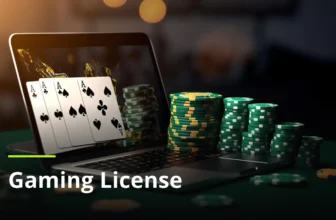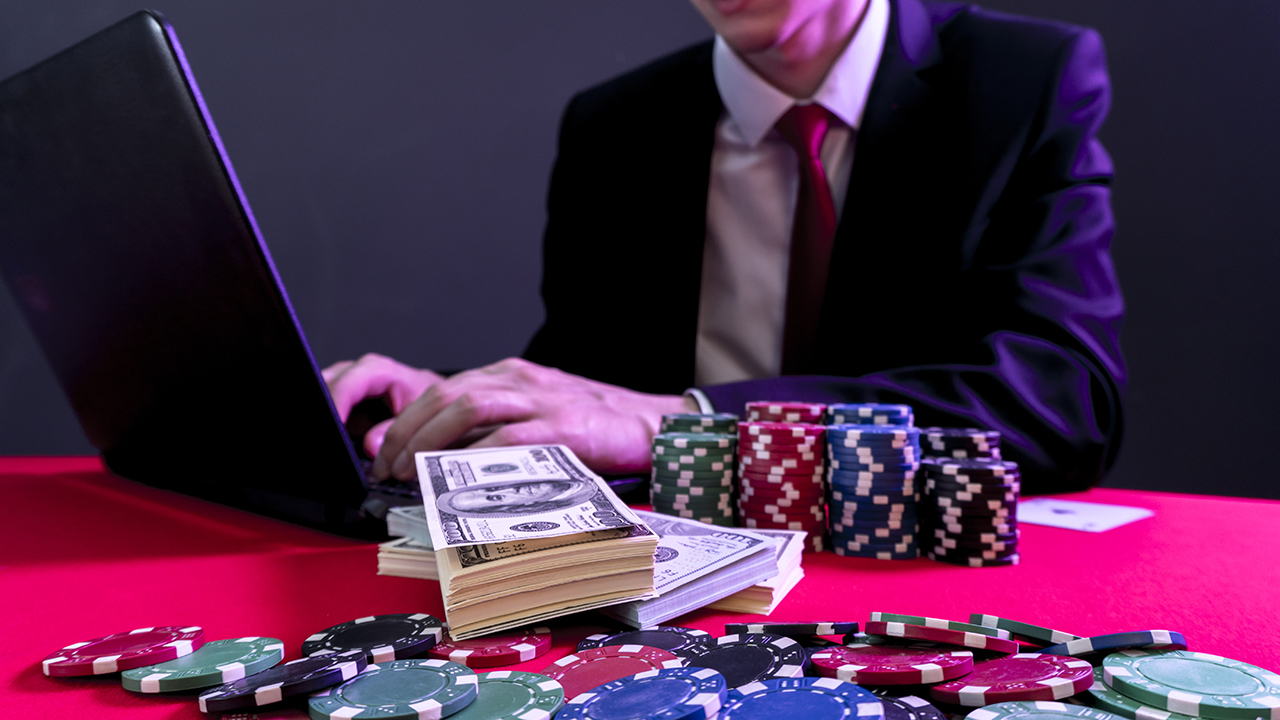
Gambling, a pastime as old as civilization itself, has evolved from ancient dice games to sophisticated online platforms. It’s not just a matter of luck or the thrill of potentially winning big. There’s a complex interplay of cognitive processes, emotional responses, and behavioral outcomes that unfolds in the mind of a gambler. This article takes a deep dive into the cognitive universe of gambling, exploring the psychological mechanisms and thought patterns that govern the behavior of a gambler.
Table of Contents
The Allure of Uncertainty
At the heart of wagering lies the allure of uncertainty. The human brain is wired to respond to unpredictability with a cocktail of neurotransmitters; dopamine, the so-called “feel-good” hormone, plays a pivotal role. When we gamble, the possibility of winning triggers a dopamine surge, creating a euphoric sensation that gamblers often seek to replicate. This cycle can lead to the development of a habit, as the brain starts associating gambling activities with pleasure and reward.
Exploring this phenomenon further, platforms like Zimpler casino have become arenas where the thrill of uncertainty is embraced. These environments offer a myriad of opportunities for individuals to engage with this primal drive, from the spin of a roulette wheel to the deal of a card, each moment is infused with the potential for victory or defeat. It’s within these moments that the allure of gambling shines brightest, as the promise of reward intertwines with the risk of loss, creating an irresistible draw for many.
Risk and Reward Evaluation
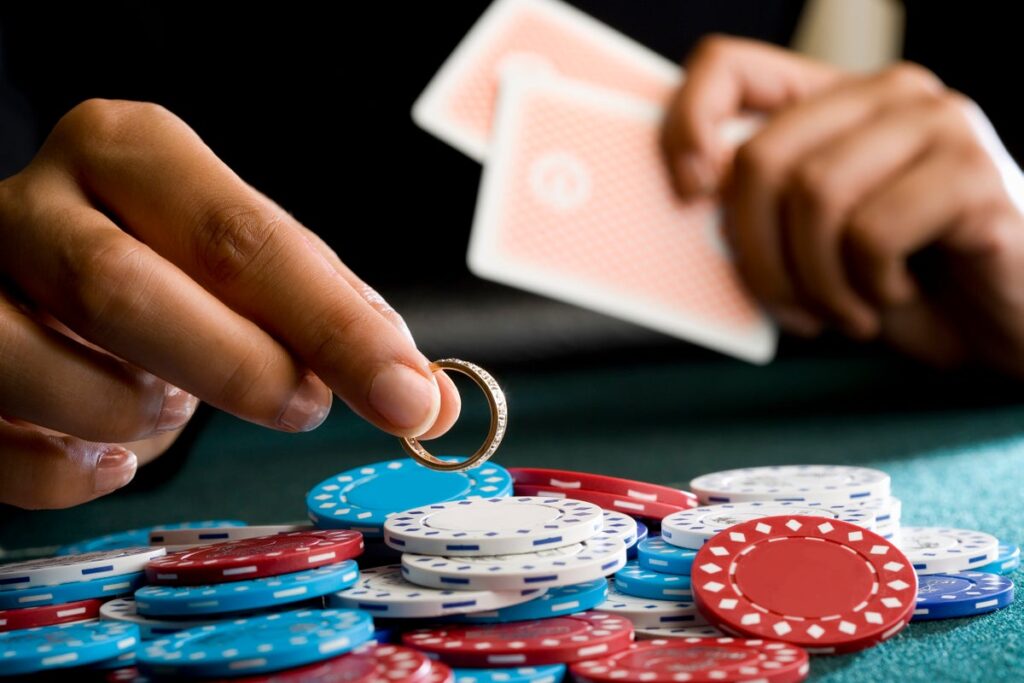
Source: scientificamerican.com
Gamblers constantly engage in risk-reward evaluation, a cognitive process where the potential rewards of a gamble are weighed against the risks involved. This involves the prefrontal cortex, a part of the brain responsible for decision-making and impulse control.
In a gambler’s mind, the excitement of a possible win often overshadows the logical assessment of losing, leading to decisions that might seem irrational to non-gamblers. This skewed risk-reward evaluation is a cornerstone in understanding wagering behavior.
The Illusion of Control
Many gamblers operate under the illusion of control, believing they can influence the outcome of a game of chance. This cognitive bias is fueled by near-miss experiences, where a gambler almost wins, reinforcing the belief in personal skill or strategy.
The brain interprets these near-misses similarly to actual wins, perpetuating the illusion that one is just a step away from victory. This often leads to increased betting, under the misguided belief that success is imminent.
Cognitive Dissonance and Rationalization
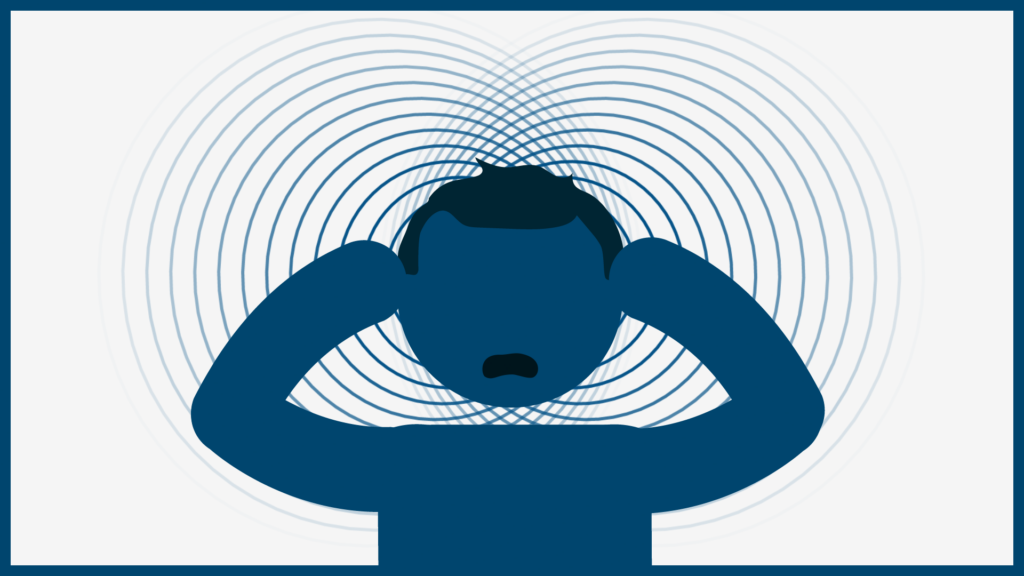
Source: ethicsunwrapped.utexas.edu
Cognitive dissonance occurs when a gambler’s beliefs about their wagering habits clash with the reality of their losses or the negative consequences of their behavior. To reduce this psychological discomfort, many gamblers resort to rationalization, creating justifications for their actions.
They might attribute losses to bad luck or external factors, while victories reinforce their belief in personal skill. This self-deception cycle can make acknowledging a gambling problem and seeking help more challenging.
The Gambler’s Fallacy
The gambler’s fallacy is a common cognitive distortion in wagering, where an individual believes that past events can influence the outcomes of a game of chance. For example, after a series of losses on a roulette wheel, a gambler might believe that a win is “due” because the odds must eventually balance out. This misunderstanding of probability leads to decision-making based on erroneous beliefs rather than rational calculations.
Social Influences and Groupthink
Gambling is often a social activity, and the behavior of peers can significantly influence an individual’s wagering decisions. The phenomenon of groupthink, where individuals conform to the decisions and behaviors of a group, can amplify gambling behavior.
The social environment can normalize gambling, making high-risk bets or frequent wagering sessions seem acceptable, or even admirable, within the group. This peer influence can exacerbate cognitive biases and lead to more significant engagement.
Escapism and Emotional Regulation
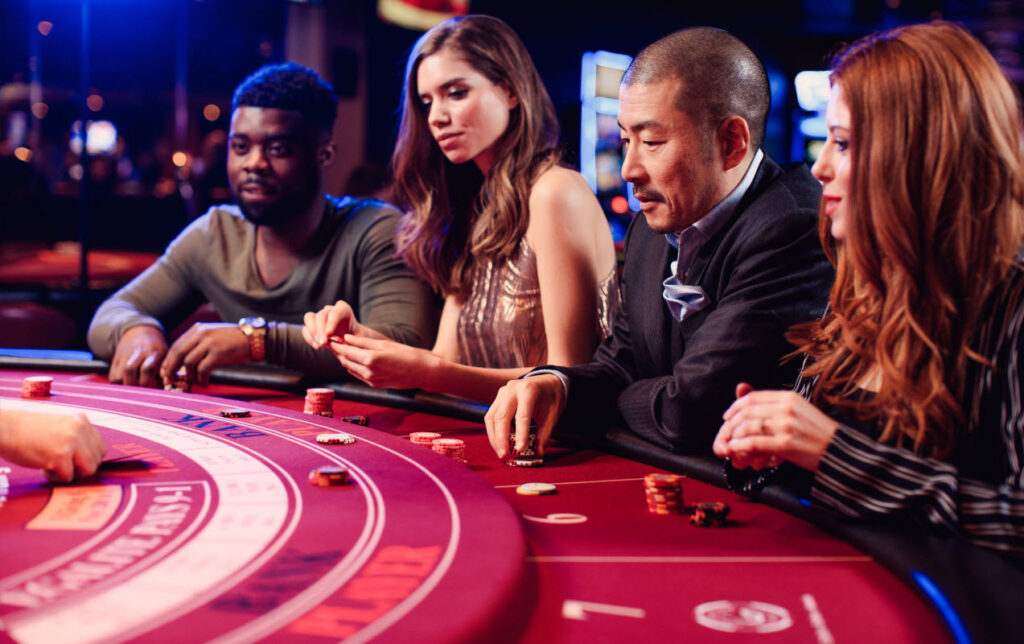
Source: 888casino.com
For many, gambling serves as an escape from everyday stresses or negative emotions. The immersive nature of wagering activities can provide a temporary relief from reality, offering a sanctuary where problems seem distant.
This emotional regulation strategy, however, can become maladaptive. The temporary relief is often followed by increased stress and anxiety, especially after losses, creating a vicious cycle where gambling becomes a coping mechanism for the distress it causes.
Chasing Losses
One of the most detrimental cognitive patterns in wagering is the tendency to chase losses. This involves continuing to gamble to recover money lost in previous gambling sessions. It’s a direct consequence of sunk cost fallacy, where gamblers value their investments (time, money, effort) so highly that they continue gambling to avoid the pain of loss, often leading to further losses and a deeper entanglement in the wagering cycle.
The Role of Superstition and Rituals
Superstition and rituals are prevalent in gambling. Many gamblers adhere to specific routines or carry lucky charms, believing these practices influence luck or outcomes. This reliance on superstition reflects a deeper cognitive bias, known as magical thinking, where causal relationships are perceived between actions and events that are scientifically unfounded. These rituals can provide a sense of control in the inherently unpredictable nature of gambling, further entrenching the habit.
Cognitive Flexibility and Gambling Addiction
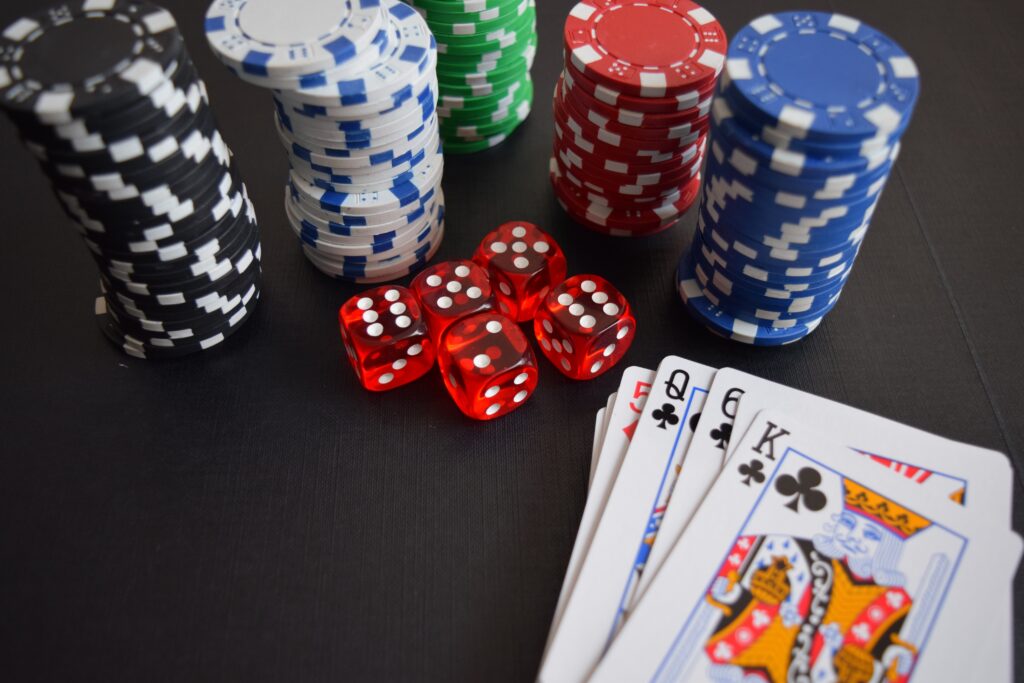
Source: sagamblingtherapy.com.au
A significant aspect of wagering cognition is cognitive flexibility, or the lack thereof, in problem gamblers. Cognitive flexibility is the ability to adapt behaviors and thoughts in response to changing environments or outcomes.
In the context of gambling, reduced cognitive flexibility can manifest as persistent gambling despite repeated losses or negative consequences. This rigidity in thinking and behavior is a hallmark of wagering addiction, making it challenging for individuals to break free from the cycle.
Reframing the Gambler’s Mindset
Understanding the cognitive processes involved in gambling provides a pathway to healthier decision-making and, potentially, recovery for those struggling with wagering addiction. Cognitive-behavioral therapy (CBT) is one effective approach, focusing on identifying and challenging irrational beliefs and cognitive distortions related to gambling. By reframing the gambler’s mindset and teaching coping mechanisms for managing urges, CBT can help individuals regain control over their wagering behaviors.
Closing Thoughts
The mind of a gambler is a complex landscape, shaped by a myriad of cognitive processes, biases, and emotional responses. From the dopamine-driven allure of uncertainty to the detrimental cycle of chasing losses, understanding these cognitive dimensions is crucial in addressing gambling behavior.
While the thrill of the gamble is unlikely to wane, increased awareness and psychological interventions can provide the tools needed to navigate the risks of wagering with greater insight and self-control. As we continue to explore the cognitive underpinnings of gambling, the potential for more effective treatments and preventive measures becomes increasingly apparent, offering hope to those caught in the grip of wagering seductive allure.



